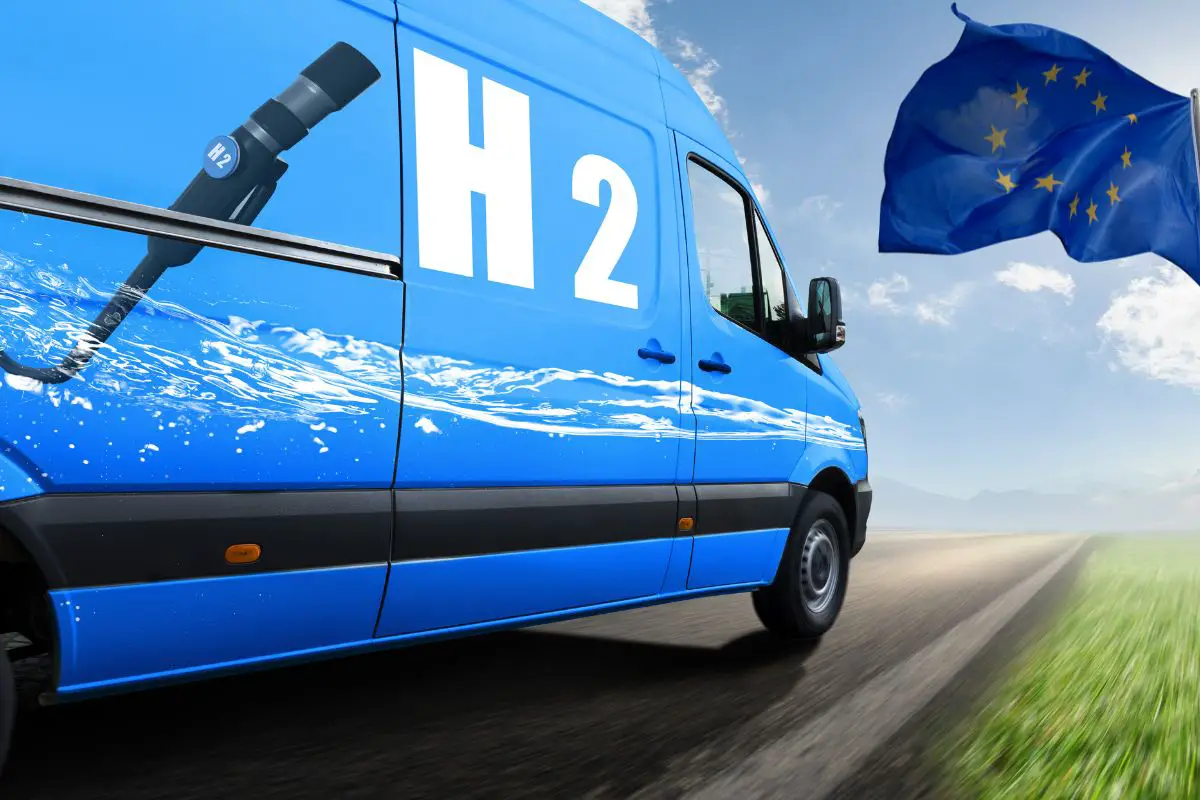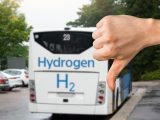
European Commission calls for improved long term hydrogen mobility financial support
March 12, 2024The EU body’s Joint Research Centre is seeking to make fuel cell vehicles more competitive.
The European Commission’s Joint Research Centre (JRC) is advocating for strategic measures to accelerate the growth of hydrogen mobility.
The JRC’s report was in favor of financial support for fuel cell vehicles
The JRC’s 110-page report titled “Historical Analysts of Clean Hydrogen JU Fuel Cell Electric Vehicles, Buses and Refuelling Infrastructure Projects”, delves into the historical analysis of clean hydrogen mobility such as H2-fueled vehicles and infrastructure projects.
The report argues that long-term subsidies or tax incentives are essential to overcome challenges from the operational cost disparity between hydrogen-powered vehicles, both on roads and buses, and their battery electric counterparts.
Why provide financial support for hydrogen mobility to compete with EVs?
The report underscores the competitive challenges facing fuel-cell electric vehicles (FCEVs) and buses (FCEBs) as battery electric technology advances and grows in popularity, emphasizing the need to boost financial support to sustain the momentum of hydrogen mobility in Europe. Specifically, the report calls for the implementation of enduring financial mechanisms such as subsidies or targeted tax incentives to level the playing field.
Not everyone agreed
Among the most vocal critics is Jan Rosenow, Director of European Programs at the Regulatory Assistance Project. Rosenow asserts that urging for more European Union funding is misguided.
Rosenow also argues that public subsidies should align with cost competitiveness, emphasizing the already achieved cost parity between electric vehicles and internal combustion engine cars. He cautions against misallocating public funds, insisting on directing resources for other applications where he believes they are most needed.
Hydrogen mobility regulations
While the report advocates for increased financial backing, some voices, like Rosenow’s, stress the evolving landscape of electric vehicles. The European Union’s recent regulation mandating hydrogen refueling stations and the disbursed funds by the Clean Hydrogen Joint Undertaking (JU) demonstrate a commitment to fostering hydrogen mobility.

That said, skepticism persists regarding the cost-effectiveness of hydrogen cars compared to their electric counterparts, particularly in light of advancements in battery technology.
Closing thoughts
 The debate over subsidies and incentives unfolds against the backdrop of an ever-evolving technological landscape. The report’s call for financial support reflects a commitment to hydrogen mobility, but voices of caution remind us to allocate resources judiciously. As technology advances, the dynamics between hydrogen and electric vehicles will undoubtedly continue to shift, demanding a nuanced approach to foster sustainable and efficient mobility solutions in Europe and beyond.
The debate over subsidies and incentives unfolds against the backdrop of an ever-evolving technological landscape. The report’s call for financial support reflects a commitment to hydrogen mobility, but voices of caution remind us to allocate resources judiciously. As technology advances, the dynamics between hydrogen and electric vehicles will undoubtedly continue to shift, demanding a nuanced approach to foster sustainable and efficient mobility solutions in Europe and beyond.
Ready to test your knowledge on the most abundant element in the universe? Take our fun and engaging Hydrogen Quiz now!



 HFN News is your leading source for fresh hydrogen and renewable energy updates. Amid the fast-paced growth of hydrogen companies, we provide top-notch news and insights about this exciting sector. Our coverage spans from hydrogen cars to global sustainable initiatives, and we highlight the latest in green jobs and developing hydrogen hubs. We invite you to share your local hydrogen news and explore today’s renewable energy job listings on our site. Thanks for choosing HFN News as your trusted guide to the hydrogen and renewable energy world!
HFN News is your leading source for fresh hydrogen and renewable energy updates. Amid the fast-paced growth of hydrogen companies, we provide top-notch news and insights about this exciting sector. Our coverage spans from hydrogen cars to global sustainable initiatives, and we highlight the latest in green jobs and developing hydrogen hubs. We invite you to share your local hydrogen news and explore today’s renewable energy job listings on our site. Thanks for choosing HFN News as your trusted guide to the hydrogen and renewable energy world!
